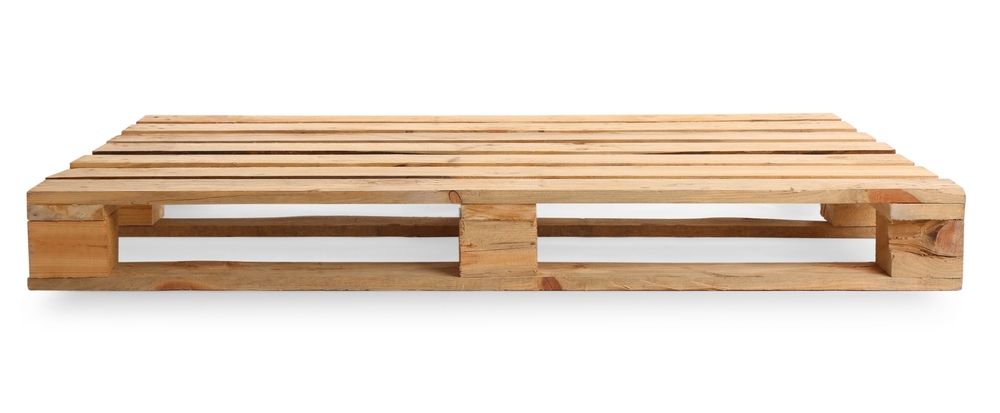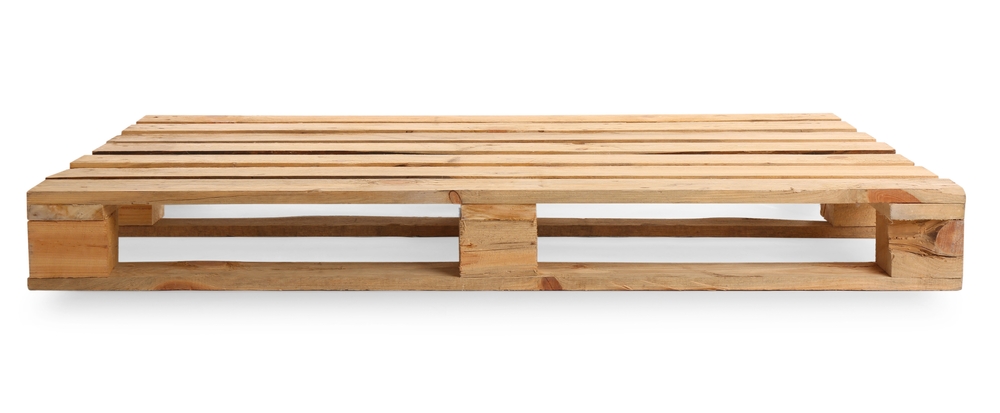
There are certain ‘tick boxes’ that businesses need to consider when taking operational decisions that are going to have an impact not just on their bottom line but on the environment as well. Businesses are being urged to move towards carbon net zero, so the specification of all aspects needs to be calculated with this goal in mind.
In a world in which plastic is a word with negative connotations, there is still a strong argument for using wooden pallets. However, when carrying out a more in-depth cost comparison between the two, balanced against the long-term environmental impact, it is maybe surprising that plastic pallets come out as the clear front runner.
We examine the reasons why in this blog and ask the question, what are the advantages of using plastic pallets over traditional wooden pallets?
Environmental Concerns About Using Plastic Pallets Over Wooden Pallets
Wooden pallets are significantly cheaper than plastic pallets. This is a key reason why they are still a popular choice for companies looking to ship products around the globe. However, when you compare the initial one-off purchase price with the life cycle of each product type, then you begin to understand that wooden pallets actually cost far more than plastic pallets.
There are certain aspects of wooden pallets that shorten their productive life. Due to the nature of the material, they are prone to bacterial or fungal infestations. Not only does this make them unsuitable for food and pharmaceuticals from the outset, but it also means that once infested, they cannot be restored and are effectively removed from use and discarded.
Plastic pallets are fully hygienic and have no risk of infestation, making them ideal for use in the food and pharmaceutical industries. They are manufactured in a smooth, crevice-free format to reduce any dirt and bacteria gathering in corners significantly and can be cleaned down after use.
Perhaps more important with regard to the environmental issues of which pallets to use is the longevity of the plastic itself.
There is no denying that wooden pallets are manufactured using one of the most sustainable materials on the planet. Reforestation helps ensure that timber is replaced when used in manufacturing. Also, when disposed of correctly, wooden pallets are biodegradable.
However, a plastic pallet can be manufactured using 100 per cent recycled plastic without compromising the durability and integrity of the product and its performance. Moreover, once it comes to the end of its life cycle, the plastic can once again be re-recycled once again.
Are Plastic Pallets Stronger and more Durable?
It has long since been believed that wooden pallets are stronger than plastic pallets. However, the distribution of weight and packing methods that have evolved due to the wide variety of plastic pallets that are available have allowed pallet manufacturers in the UK to overhaul the way in which products can be shifted fundamentally.
Instead of using large pallets to transport more products, INKA plastic pallets have been designed with nestability, which means more products can be transported using less space. This subsequently results in lower carbon emissions. A nestable feature means that products can be shipped in larger loads. In fact, plastic pallets can be transported and stored in stacks of 70 units, as opposed to wooden pallets that generally can only be transported and stored in stacks of 15. As a result, fuel consumption is reduced, and the emission of greenhouse gases is minimised.
This nestability also creates a much more stable load during transportation. When stacked, the plastic pallets provide a connected network that increases robustness.
Strength is inherently built into the design construct of a plastic pallet. Weak spots have been designed out of the equation, and because they are constructed from one solid piece, then there are no extraneous elements such as nails. This also eliminates the risk of products being damaged during transportation.
When Would you use Wooden Pallets Instead of Plastic Pallets?
If you are specifically transporting large industrial machinery or furniture, then wooden pallets will be a better choice. Large pallets manufactured from quality timber and built to high-quality specifications can bear extremely large loads.
However, if you are looking at smaller products, which are possibly more fragile, or if you are transporting pharmaceutical and food products, then plastic pallets will always be the better choice.
Ultimately, the costs will bear out to be more favourable for plastic pallets in the medium to long term – often by up to 50 per cent. If you are looking to reassess with wooden pallets or plastic pallets that would work better for the distribution of your product range, INKA Pallets can help. Contact us for more information.


